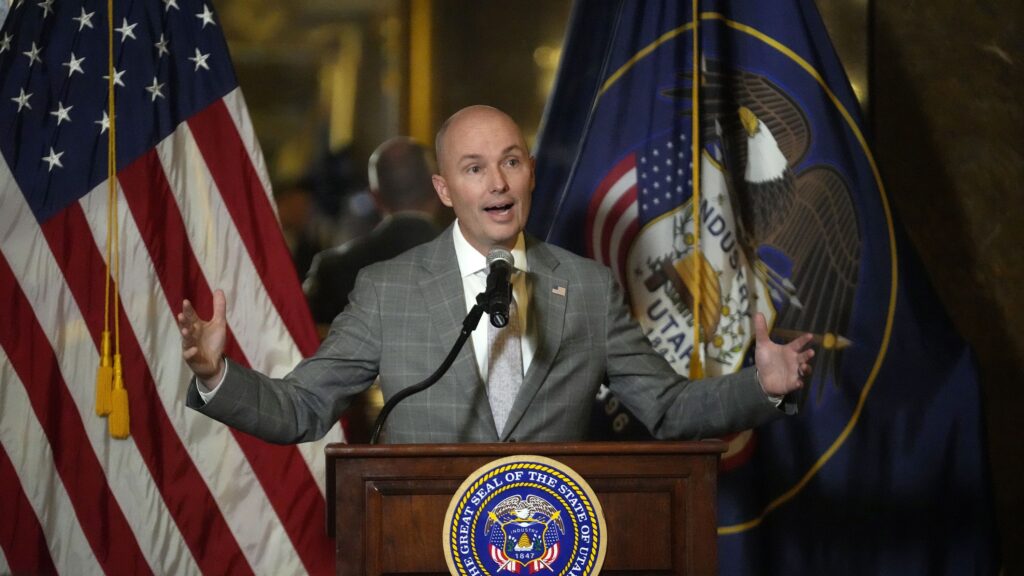SLOAN | What happened to affordability?


The most important bit of economic news this week is grim but not especially surprising – the release Tuesday of the consumer-price index, more colloquially known as the inflation report, was as gloomy as most had predicted. The index rose 1.2% in March, the highest since the current inflationary period set in; even more damning is the 8.5% price increase over the last 12 months, which translates to the fastest hike in 40 years.
Even the Biden administration, which seems to pride itself on not seeing things, couldn’t help but predict these figures, and the spin to deflect blame began in earnest even before the ink was dry on the press releases. Poor Jen Psaki, who will never again be able to even jot down the current date on anything without someone raising an eyebrow questioning its accuracy, said just before the damaging news broke, “we expect March CPI headline inflation to be extraordinarily elevated due to Putin’s price hike.” NBC (Psaki’s future employer) parroted the headline, even adding an additional delusion: “Inflation hits 40-year high of 8.5% due to war in Ukraine, rent hikes.”
Now, anyone who regularly reads this column (you both know who you are) knows I have no truck for Vladimir Putin; he’s the same bastard he was when he was employed by the KGB, except that he now has a large, savage (and apparently less than competent) army at his sole disposal, and I join with those who call for the U.S. and NATO to do far more to help the Ukraine militarily; but to blame the current inflationary cycle on the Russian invasion of Ukraine requires a particularly elastic imagination.
The price increase began more than a year before anyone contemplated a Russian invasion of Ukraine as much more than an academic exercise. It commenced with President Trump’s myopic $900 billion COVID “stimulus” in December of 2020, and was exacerbated by President Biden and congressional Democrat’s additional $1.9 trillion in federal spending a few months later; coupled, of course, with the federal reserve’s lunatic negative interest rate policy, all lending somber proof to Milton Friedman’s seminal analysis that inflation is always and everywhere a monetary phenomenon… the result of government spending, unbalanced budgets and over-extension of credit. The private economy has yet to figure out how to create inflation.
In Colorado, we do not have the problem, directly, of unbalanced budgets, that requirement being one of a trio of constitutional economic blessings – the other two being TABOR and the flat tax – bestowed on the state. No, we have other mechanisms with which to accelerate the increase in the cost of living here.
In the waning days of the 2022 session, the state legislature seems unsatisfied with the rate of inflation and is eager to find ways to amplify the costs on consumers. HB 1355, dubbed the “extended producer responsibility” bill, would see the state impose a tax… er, “duty”… on businesses that make things people want (mostly beer, wine, seltzer and food) ostensibly as a way to subsidize the recycling industry. It’s a rather audacious piece of legislation, in that it calls for the tax to be paid not to the state, but to a third party created by the state; a creative slight-of-hand attempting to circumvent TABOR. This tax (duty, fee, or however the proponents wish to taxonomize it) is expected to magically be absorbed somewhere along the line rather than driving up the cost of the affected products, like experience and basic economics instruct us it will do.
Or there is HB-1362, a bill that will impose a new utopic set of “green” building codes on any new construction or renovation. Things like having to wire new apartment buildings for electric appliances or electric-vehicle charging, before anyone really knows what those requirements are. One would think that the experience of people in Superior who found themselves unable to afford to rebuild homes destroyed in the fire, due to onerous new building requirements already adopted and imposed by the state, would be enough to encourage the legislature to slow down a bit, yet here we are. And we think housing is unaffordable now…
And that’s just this week. The state finds itself flush with federal dollars, flowing in from the inflation-generating spending binge in Washington. All this money spurs grand ideas, but that level of spending cannot be sustained, nor can the costs to consumers and the middle class imposed by those ideas.
Kelly Sloan is a political and public affairs consultant and a recovering journalist based in Denver.













